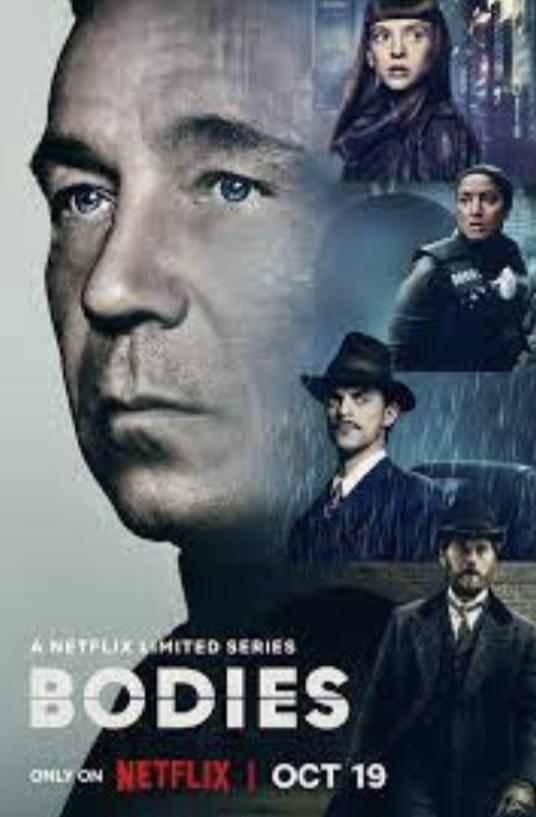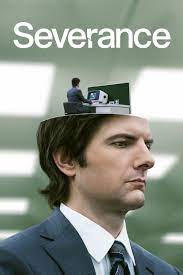Netflix has made many docuseries. Many. “Tiger King,” “Making A Murderer,” and hundreds of their others shows have blown up in popularity, and Netflix even played a part in popularizing the true crime genre. But none of that matters, because Netflix’s finest has been right under your nose: “Sunderland ‘Til I Die.”
You’ve surely seen the show while scrolling through the endless content of Netflix’s massive library. If you clicked on it and started the first episode, you’d be pleasantly surprised, as Sunderland ‘Til I Die is a truly special show.
The series, produced by British company Fulwell 73, follows English soccer team Sunderland a season after they were relegated from the English Premier League. The Premier League is the top division in Britain, and due to Sunderland’s dismal record, they were demoted to the lower league, known as the EFL Championship.
Sunderland is a small, working-class city in the northeast of England, and the show focuses on the massive impact the soccer club has on the city. When they were relegated, tens, if not hundreds, lost their jobs. The first scene of the series shows the priest at a local church leading a prayer for Sunderland AFC. Sunderland the city is Sunderland the team, and Sunderland the team is Sunderland the city.
Unlike other sports documentaries like Amazon Prime Video’s “All Or Nothing,” Sunderland ‘Til I Die is not a happy show. Sunderland’s season is horrendous, and a series of unfortunate events plague the club. In many ways, it’s the antithesis of All Or Nothing, portraying the effects of capitalism on sports. The series’ focus on finance and management allows for these themes to shine through. All Or Nothing shows the luxury of being top of the ladder, whereas Sunderland ‘Til I Die shows the brutality of being on the bottom.
Something that makes Sunderland ‘Til I Die so real is the people highlighted in the show. It shows executives, like the pitiful Martin Bain (and Season Two’s foul-mouthed Charlie Methven). It shows fans, such as father of three, Andrew Cammiss, and aging cab driver Peter Farrer. It even shows players, from youthful academy graduate George Honeyman to star forward Aiden McGeady. Many of these interviewees aren’t particularly articulate, but the filmmakers do an excellent job of showing what makes all of these people tick. One might assume that the exceptionally smooth cinematography would detract from the realness of the show, but it adds an interesting juxtaposition between the reality of the team and the fantasy of television.
Season One is brutal. The team loses the majority of their games, and as their income lowers, the pressure rises. The series balances behind-the-scenes aspects with gameplay, so you get a bit of everything. On the off chance Sunderland wins a game, you may find yourself reduced to tears. The show never skimps on emotional moments, from their last-second Christmas miracle win to their devastating relegation at the end of the season.
Season Two adds a bit more fun to the show, while also maintaining the melancholy tone of earlier episodes. The highlight has to be new executive Charlie Methven, the foul-mouthed new chief executive. He’s as cringey as “The Office” character Michael Scott, particularly in the scene where he gets really into EDM music for the stadium (“It’s a bit Ibiza”). Season Two has a slightly brighter tone, as the club starts winning games in the lower league, and the team is more united. It still retains the same gloominess of season one.
If you want to watch soccer in its most dumbed-down, fantastical form, go to Apple TV and check out “Ted Lasso.” But if you want to watch a show about the real nature of modern soccer, a show with gorgeous cinematography and emotional moments, you should give Sunderland ‘Til I Die a shot.




































